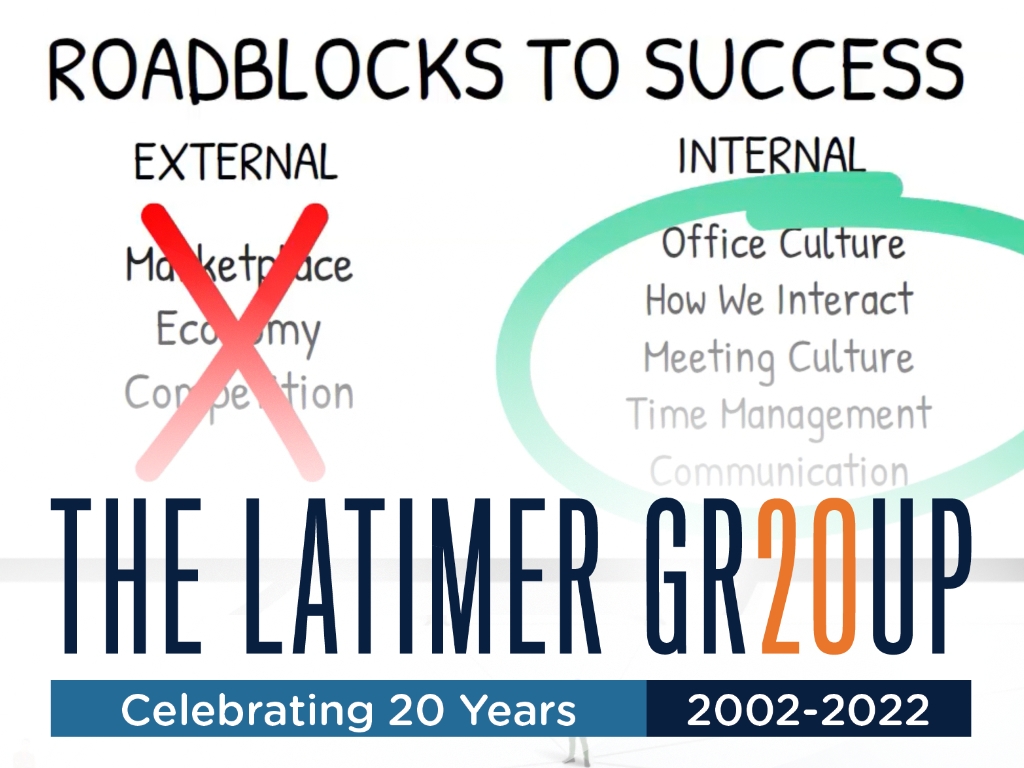Good morning, friends!
My colleagues and I coach people on their communication skills for a living… all day, every day, for the last 21+ years. Over that time period we have learned and re-learned a lot of things about communication, and the realities inside the typical corporate entity. In many ways, my teammates and I are not just students of great communication. We are also students of life inside corporations.
And one of our biggest lessons learned over these last two decades is this: how we communicate internally, with our colleagues and within our organization, is in many ways a far more important skill set than how we communicate externally with our clients and our network.
You might be thinking “hold on a second, Dean. That’s not true. My communication with my clients is what drives my business revenue.”
I understand that, and the same is true for me. I care deeply about the ways my teammates and I communicate externally, with our clients and contacts. I am not saying those external communications are not important. They are. But success almost always starts with good internal communication habits.
When we communicate well internally, we are able to get to the point quickly, make our point clearly, not waste our colleagues’ time, etc. And these kind of behaviors lead to good outcomes… better meetings, that end on time, and usually with good decisions made. Time is saved, for other important activities. Attention spans are protected. Good internal communication leads to better decisions, more efficiency, better esprit de corps, and a more functional organization overall.
And this becomes the foundation for everything that happens externally. The internal sets up the external.
In the attached video, which we produced last year for our 20th anniversary, we discuss this exact issue.
So as you examine your own behaviors, and your team’s behaviors, spend some time thinking about and looking at those internal communication skills. Because before you can have good and functional communication externally with your clients and contacts, you must first have good and functional communication internally with your colleagues.
I hope this helps! Have a great day!
—
Does your team:
– Overwhelm the audience with too much detail?
– Make things too complicated?
– Fail to ask for what they want or need?
Does your organization:
– Waste time because of poor internal communication?
– Take too long to make decisions?
– Struggle to clarify and frame discussions?
Do your leaders:
– Exhibit poor executive presence?
– Lean on incomplete communication skills?
– Fail to align the organization?
We transform teams and individuals with repeatable toolsets for persuasive communication. Explore training, coaching, and consulting services from The Latimer Group.






Comments